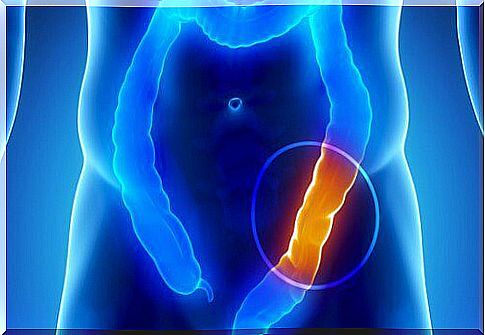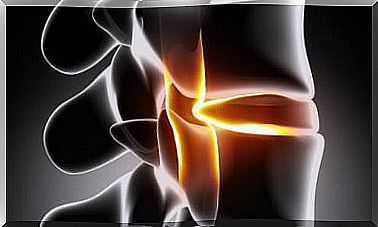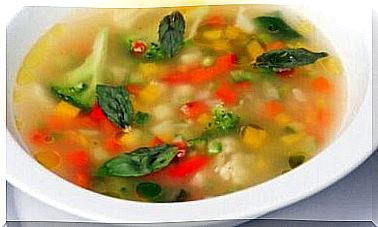What You Didn’t Know About A Grumbling Stomach

There’s more to the sound of a growling stomach coming than just hunger. You may think this is your body’s way of telling you to eat something, but it’s also possible that the message is about more than just satisfying your hunger.
Your digestive system
It is important to understand the relationship between your stomach and digestive system so that you can better understand why your stomach makes noise.
Your digestive system is basically a long tube that starts with your mouth and ends with your anal cavity. It’s a fairly simple system, but it gets more complicated when you factor in the various organs in your body.
Your food moves through this system through muscle contractions (called peristalsis), which digest your food and move it around the body. These contractions also help your body combine liquids with solids and stomach acids.

Most of the sounds you hear in your body are from your digestive system mixing the contents of your stomach with the fluids. The air produced in the system begins to break up with the contractions of your gut, producing that rumbling stomach sound we are all familiar with.
These sounds can be produced at any time, even when you are not hungry. The difference is that these sounds are less noticeable when your stomach is full.
But why does your digestive system contract when your stomach is empty? About two hours before your stomach is completely empty, it starts producing certain hormones that stimulate the nervous system and send a message to the brain saying ‘eat some more’.
The brain responds to these signals with a command to produce peristalsis. These contractions finish your stomach emptying and may even create other hunger signals so you feel the need to eat again.
What Causes an Excessively Grumbling Stomach?
Everything we’ve discussed so far is actually a pretty normal activity. A rumbling stomach doesn’t have to affect your health, but it can affect your digestive process. This often happens for no reason.
The cause of these excessive noises may be due to more than just hunger.
strict diets
If you eat less than what you are used to during the day or evening, your digestive system may be confused .
Strict diets can consist of foods that contain certain nutrients or small amounts of calories. They cause excessive stomach noises as the food is digested faster and your body’s indicators signal that you need to eat more.
Consumption of soft drinks
The mixture of gases and air in your stomach can also cause these sounds. Drinking soft drinks or other carbonated drinks can increase the amount of bubbles in your digestive system.
These can produce these stomach sounds. When your body cannot eliminate or expel this excess air, this process will take place in your digestive system. Eating too quickly or ingesting air with your food can also cause this symptom.

food intolerance
Lactose, which can be found in milk, yogurt, cream and cheese, is the cause of the most common type of food intolerance. The bacteria in these foods can produce extra gas and bubbles in your system when left in your stomach for too long.
You should always avoid foods that you have an intolerance to.
To swear
Ulcers in your digestive system can also be a cause. This condition is associated with pain and discomfort and has nothing to do with hunger. You should adjust your diet to address this problem.
Symptoms of Irritable Bowel Syndrome
The symptoms of this disorder are similar to those of ulcers in that in addition to a rumbling stomach, pain occurs after eating certain foods.

How do you keep this condition under control?
There are certain things you can do to help regulate or relieve the rumbling stomach when the condition is not directly related to a medical condition.
- Chew your food well. As a result, less gas is produced when your body combines the solids and liquids.
- Drink a cup of tea after your meal, such as mint, which can help relieve stomach problems.
- Do not inhale too deeply while eating to reduce the amount of air you take in.
- Eat less. Snacks are easier to digest and don’t give your stomach the ability to send hunger signals to the brain.









